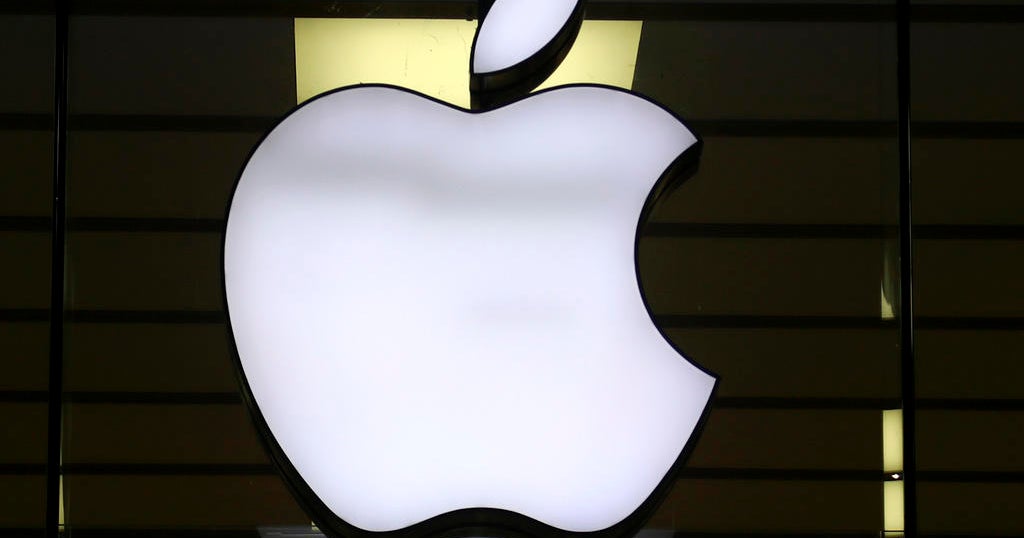A significant ruling from a federal judge has put Apple in a difficult position, as the company has been found to have willfully violated a court injunction related to antitrust concerns. The U.S. District Judge Yvonne Gonzalez Rogers issued this ruling in connection with a case brought forth by Epic Games, the maker of the popular game Fortnite. As a result of the ruling, Apple has been ordered to stop obstructing developers from communicating with users about alternative payment options while facing potential criminal contempt proceedings.
| Article Subheadings |
|---|
| 1) Judge’s Ruling on Apple’s Antitrust Violations |
| 2) Background of the Epic Games Lawsuit |
| 3) Details of the Ruling and Apple’s Response |
| 4) Implications of the Ruling for the Tech Industry |
| 5) Next Steps and Possible Legal Consequences |
Judge’s Ruling on Apple’s Antitrust Violations
In a landmark decision, U.S. District Judge Yvonne Gonzalez Rogers has driven home the message that Apple’s monopoly practices will not withstand judicial scrutiny. The judge’s recent ruling found that the tech giant willfully disobeyed a court injunction aimed at curbing its anticompetitive behavior in relation to in-app purchases. Specifically, the injunction required Apple to eliminate barriers that prevented developers from offering alternative payment options outside of its exclusive system, which has been the subject of scrutiny due to its hefty commission fees.
Background of the Epic Games Lawsuit
The conflict originated in 2020 when Epic Games filed a lawsuit against Apple, alleging that the company had cultivated an illegal monopoly through its App Store. Epic contended that Apple’s payment system, which extracts commissions between 15% and 30%, stifles competition and innovation in the digital marketplace. Although prior court decisions did not substantiate Epic’s claims of a monopoly, they highlighted the problematic nature of Apple’s practices. This case not only puts Apple under the legal microscope but also raises broader questions about monopolistic behavior in the tech industry.
Details of the Ruling and Apple’s Response
In her ruling, Judge Gonzalez Rogers made it clear that Apple’s attempts to maintain its hold over the payment system are unacceptable. In her decision, she noted that Apple must not only comply with the injunction but also refrain from imposing new fees on off-app purchases. This ruling comes after a lengthy deliberation period and highlights the stark contrast between Apple’s courtroom claims and what internal documents suggest. Apple’s spokesperson has stated, “We strongly disagree with the decision. We will comply with the court’s order and we will appeal,” indicating a potential for prolonged legal battles in the near future.
Implications of the Ruling for the Tech Industry
The implications of this ruling stretch beyond Apple, potentially affecting various technology companies that operate under similar business models. With scrutiny intensifying around monopolistic practices, firms may need to rethink their strategies or face similar judicial rebukes. The tech industry has been witnessing increasing calls for regulation, and this ruling could serve as a precedent for future cases aimed at addressing anticompetitive behavior, influencing how digital marketplaces are structured moving forward.
Next Steps and Possible Legal Consequences
In light of Judge Gonzalez Rogers’s ruling, Apple is now navigating a complex legal landscape where further actions may ensue. The judge has referred the matter to the U.S. Attorney for the Northern District of California to contemplate whether criminal contempt actions are warranted. This could introduce another layer of legal challenges for Apple, which is already combatting antitrust allegations from the Justice Department. The tech giant’s trajectory could significantly alter based on the outcomes of these proceedings, presenting risks for stakeholders and investors alike.
| No. | Key Points |
|---|---|
| 1 | A federal judge found Apple in contempt of court for violating an antitrust injunction. |
| 2 | The ruling came as a result of a lawsuit by Epic Games, alleging Apple’s monopolistic practices. |
| 3 | Judge Yvonne Gonzalez Rogers mandated that Apple must not impede developers from communicating alternative payment options. |
| 4 | Apple announced plans to appeal the ruling while expressing disagreement with the decision. |
| 5 | The case may lead to criminal contempt actions against Apple, which could have severe implications for the company. |
Summary
The recent judgment against Apple marks a pivotal moment in antitrust litigation within the technology industry. As the company is ordered to comply with new legal requirements, it faces significant challenges that could reshape its operational framework and impact future regulatory approaches aimed at fostering competition. The case underscores the growing scrutiny larger tech companies are facing in an era where monopoly behavior is increasingly subjected to legal examination.
Frequently Asked Questions
Question: What did the judge say about Apple’s actions?
The judge stated that Apple’s attempts to interfere with competition would not be tolerated and found the company in contempt of court.
Question: How does this ruling affect app developers?
The ruling allows developers to communicate with their users about alternative payment options, potentially giving them more control and financial autonomy.
Question: What consequences might Apple face as a result of this ruling?
Apple could face criminal contempt proceedings and may need to alter its business practices significantly, which could impact its financial model.


